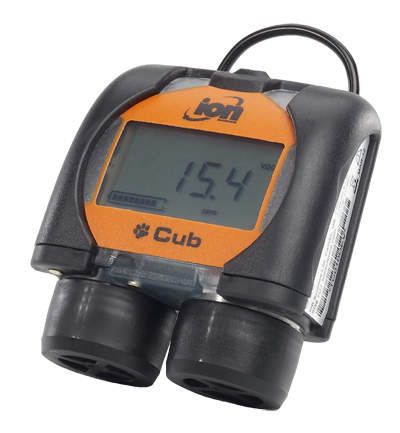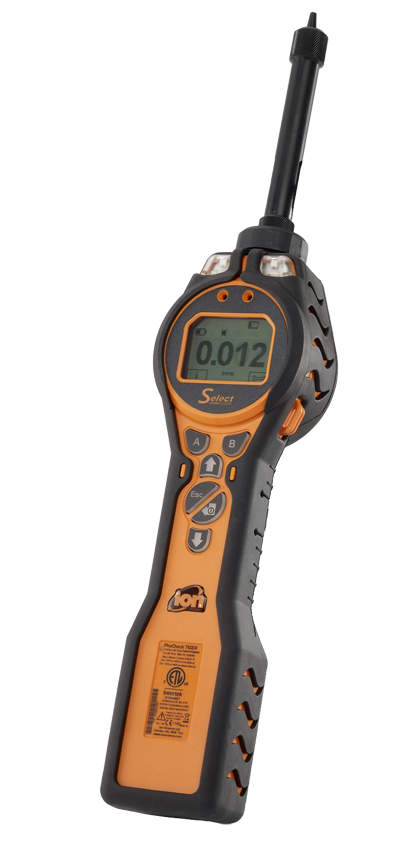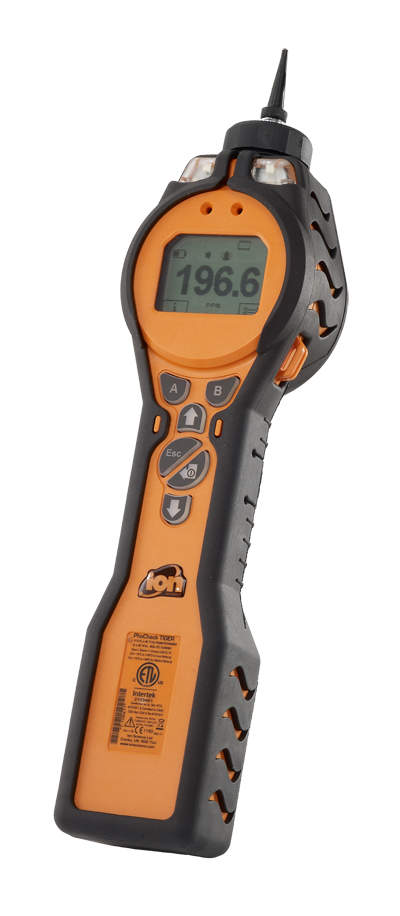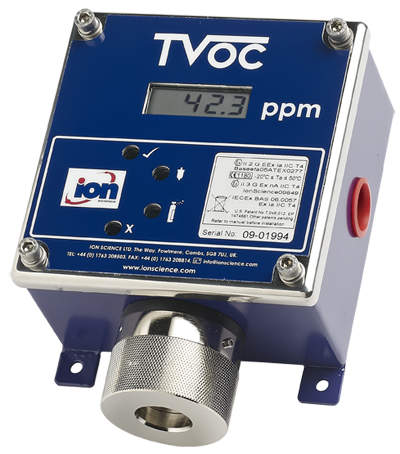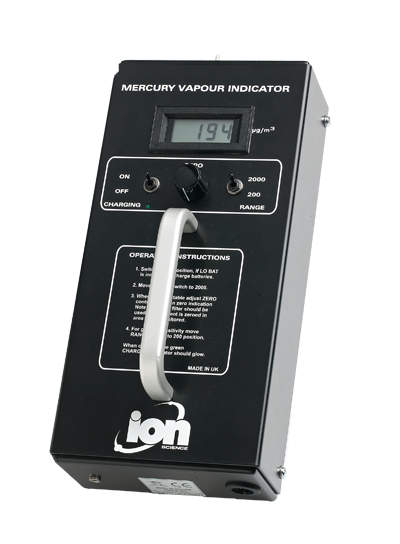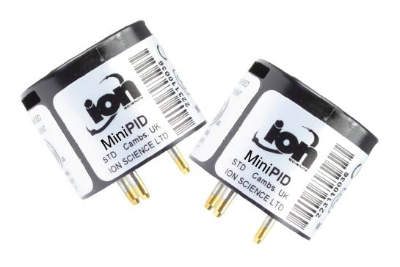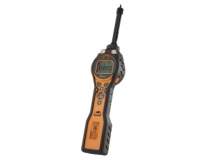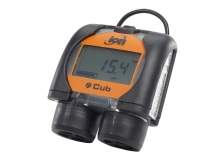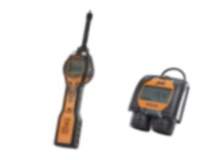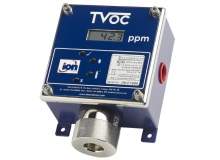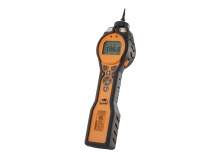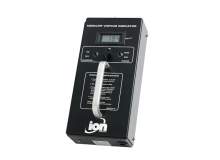Ion Science is a leading UK manufacturer of technologically advanced gas detection equipment, distributed worldwide. The portfolio of instruments provides customers with unrivalled detection and monitoring capabilities within the harshest of environments, and a range of gas-detection instruments widely used within the petrochemical industry.
The company produces and delivers world-class instrumentation that customers can depend on to keep workers safe within their environment. The range comprises technologically advanced photoionisation detection (PID) instruments for volatile organic compounds (VOCs), benzene monitors, leak detectors, mercury analysers and corrosion-monitoring equipment.
In addition to instrumentation, Ion Science manufactures the IonPID™ (formerly known as MiniPID) sensor found in leading gas detection instruments within the field globally. This unique patented PID technology has received independent verification as the best performing on the market and incorporates Ion Science’s patented fence electrode technology with anti-contamination design and optimal resistance to humidity in difficult working conditions.
Gas detection equipment
Ion Science gas detection equipment includes the following:
- PID / VOC detectors
- Benzene monitors
- Gas leak detectors
- Ground gas monitors
- Hydrogen flux monitors
- Mercury analysers
Ion Science instruments are designed for use across a wide number of industries and applications, wherever you have a need to detect gases and vapours, including:
- Oil and gas
- Chemical and petrochemical
- Health and safety
- Industrial hygiene
- Environmental
- Pharmaceutical
- First response
- Hazardous materials
PID technology
IonPID, the miniature PID sensor from Ion Science is revolutionising the gas-detection market. The sensor is found in all of the company’s PID instruments and has been adopted by leading gas-detection manufacturers worldwide, making it the most widely used PID sensor.
Ion Science PID sensor technology has received independent verification as the best performing on the market, proven to outperform all others with regards to speed, accuracy and giving the best performance within humid environments.
Humidity-and-contamination-resistant gas sensors
IonPID incorporates unique patented fence electrode technology with three-electrode format and anti-contamination design, enabling maximum resistance to humidity and contamination. The sensor is highly sensitive, with rapid response and clear down, giving outstanding performance in the field.
Easy to service gas sensors
The IonPID sensor is fully serviceable with its electrode stack / pellet and lamp easily replaced in seconds even while out in the field, minimising instrument downtime.
Service and support
Ion Science is committed to developing the highest-quality instruments that give clients the most accurate, reliable results backed by an unrivalled level of customer service and support.
The Ion Science head office and manufacturing plant is located near Cambridge, UK, with additional branches in the US and Germany. A network of Ion Science distributors can be found in most countries around the globe.


